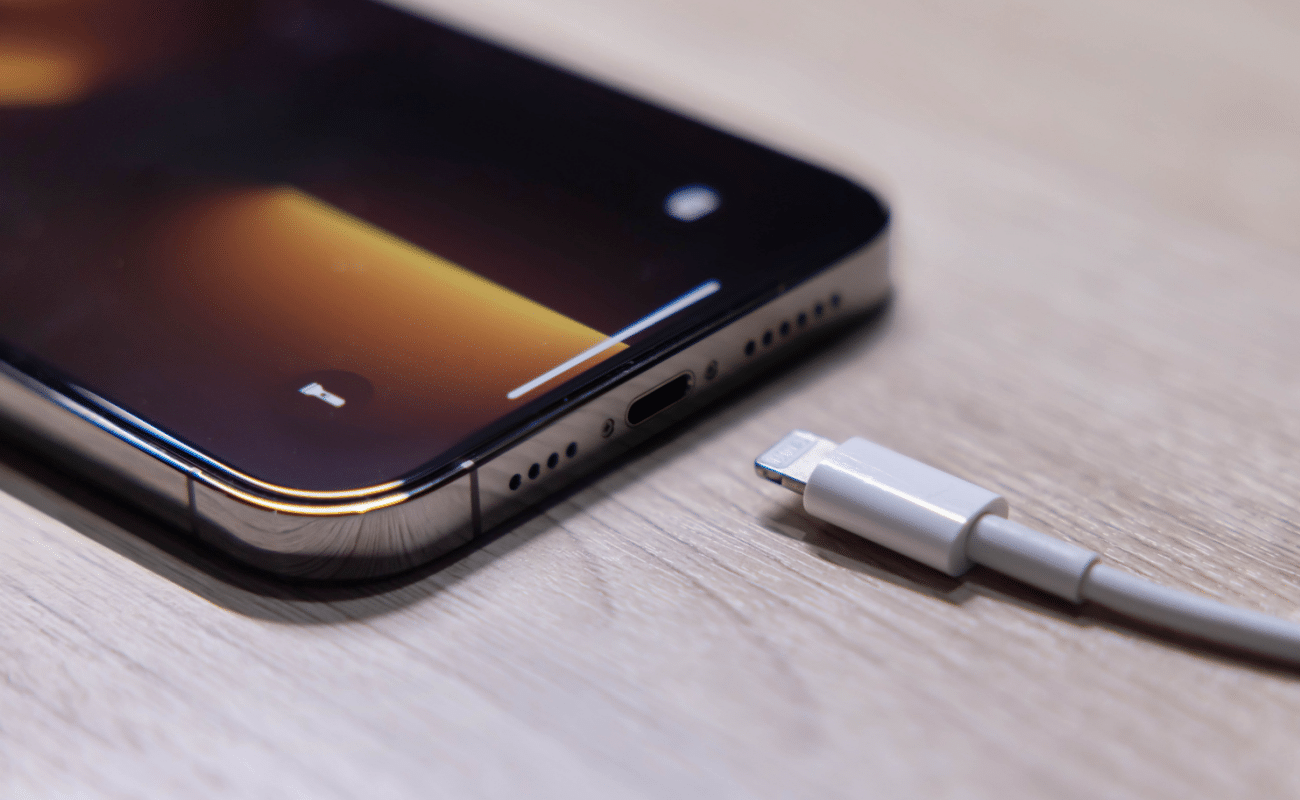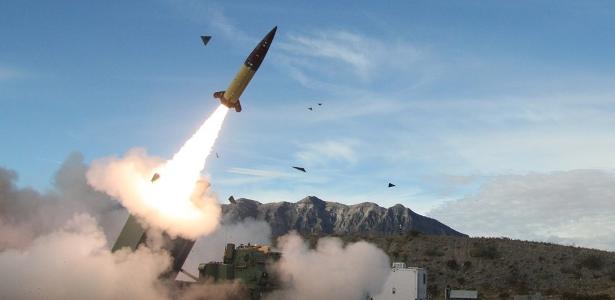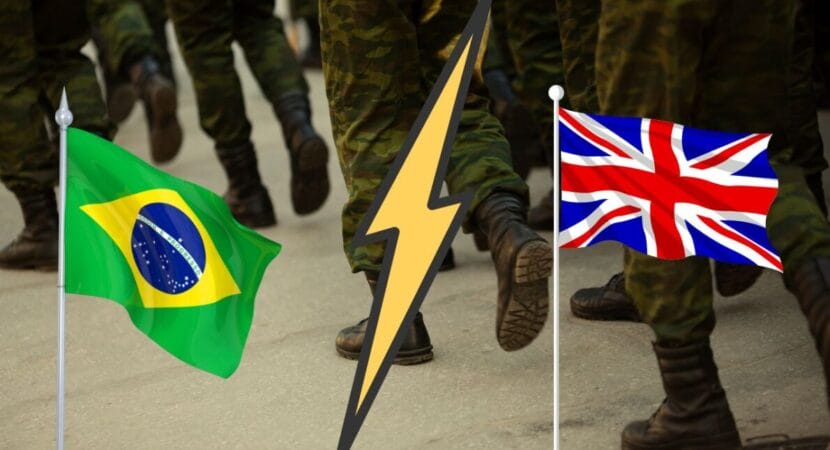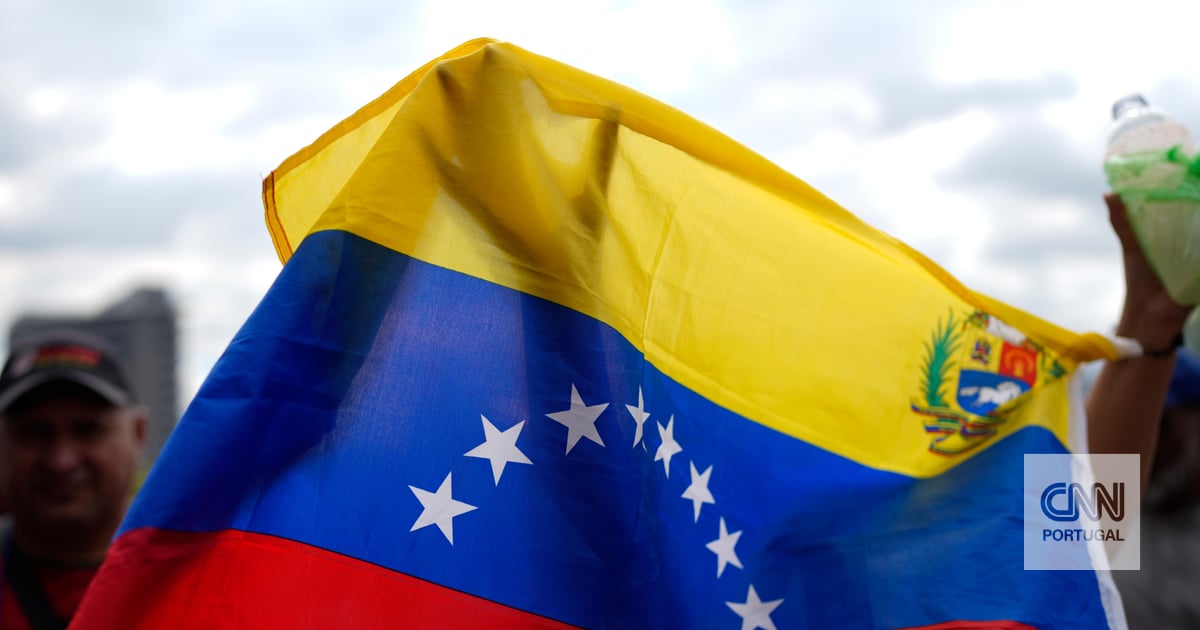Venezuelan Foreign Minister Juan Gil responded to the announcement and accused the United Kingdom of destabilizing the region.
Venezuela accused the United Kingdom of provocation by announcing it would send a warship to take part in joint military exercises with neighboring Guyana, amid rising tensions between the two countries over a territorial dispute over Essequibo.
“Would a warship be separated at sea? What about a commitment to good neighborliness and peaceful coexistence? And an agreement not to threaten or use force against each other under any circumstances?”, the Venezuelan defense minister asked on his X account on Sunday. [antigo Twitter].
On the same social network, Vladimir Padrino Lopez wrote, “We continue to pay attention to these provocations that threaten the peace and stability of the Caribbean and our America!”
On Saturday, Venezuela's press published a BBC report that the United Kingdom was preparing to send a warship to Guyana in a gesture of support for the former British colony.
According to Venezuelan daily Últimas Notícias, the United Kingdom's Ministry of Defense confirmed that after Christmas, the ship HMS Trent will take part in a joint military exercise with Guyana.
“HMS Trent will meet with our regional ally and partner in the Commonwealth of Guyana later this month as part of a series of events in the region during her deployment from Atlantic patrol duties,” the newspaper explained, citing statements from a UK ministry spokesperson. Security.
Venezuelan Foreign Minister Juan Gil responded to the announcement and accused the United Kingdom of destabilizing the region.
“The former empire, invader and slave, illegally occupied the territory of Guyana Essequiba, acted maliciously and dishonestly against the interests of Venezuela, insisting to intervene in the territorial conflict it created,” he wrote on the social network X.
The announcement comes after London-based commercial insurer Lloyds added Guyana to its list of hazardous shipping zones.
On December 14, Guyana and Venezuela reached an agreement not to use force to resolve the Essequibo dispute and to use dialogue to reduce bilateral tensions.
The announcement was made at a press conference where the presidents of Venezuela, Nicolás Maduro, and Guyana, Irfan Ali, read a statement on the agreements reached during a meeting in St. Vincent and the Grenadines.
According to the statement, it defines that “Guyana and Venezuela shall not directly or indirectly threaten or use force against each other”.
“The nations agreed that any dispute between the two states would be settled in accordance with international law, including the Geneva Conventions of 17 February 1966”.
The Essequibo region, which appears on Venezuelan maps as a “zone under claim”, has been under UN mediation since the signing of the Geneva Conventions in 1966.
Covering about 160,000 square kilometers, Essequibo is rich in oil, represents more than two-thirds of Guyana's land area and is home to one-fifth of its population, or about 125,000 people.
Venezuela's claim has become more pressing since ExxonMobil discovered oil in Essequibo in 2015, and tensions have risen since then.
For Venezuela, the Essequibo River should be the natural border, as it was in 1777 during the Spanish Empire. Guyana argues that the British colonial-era boundary was recognized by the Court of Arbitration in Paris in 1899.
Meanwhile, Guyana has already authorized eight foreign oil companies to explore for oil deposits in waters claimed by Venezuela.
On December 3, Venezuela held a consultative referendum in which more than 95% of the voters who participated voted in favor of the government's intentions to annex Essequibo to the Venezuelan maps.
Meanwhile, the Venezuelan president signed six decrees to recover Essequibo.

“Internet evangelist. Writer. Hardcore alcoholaholic. Tv lover. Extreme reader. Coffee junkie. Falls down a lot.”

/i.s3.glbimg.com/v1/AUTH_bc8228b6673f488aa253bbcb03c80ec5/internal_photos/bs/2022/F/a/MvNJx4Q8KQGFULA1Mwyw/52327776309-2fb36da959-h.jpg)



:strip_icc()/i.s3.glbimg.com/v1/AUTH_cf9d035bf26b4646b105bd958f32089d/internal_photos/bs/2024/V/B/OB9rpAQZ21RtkRUrvXgA/youtube-thumbs-poer.jpg)

More Stories
Historical flaw: Brazil loses the territory of Brera to the United Kingdom in a territorial dispute that highlights the effects of British imperialism on demarcating borders in South America
USA: Number of arrests in pro-Palestinian protests at universities exceeds 2,300.
UK concert hall becomes center of jokes after cancellation: ‘Manchester’s fire festival’